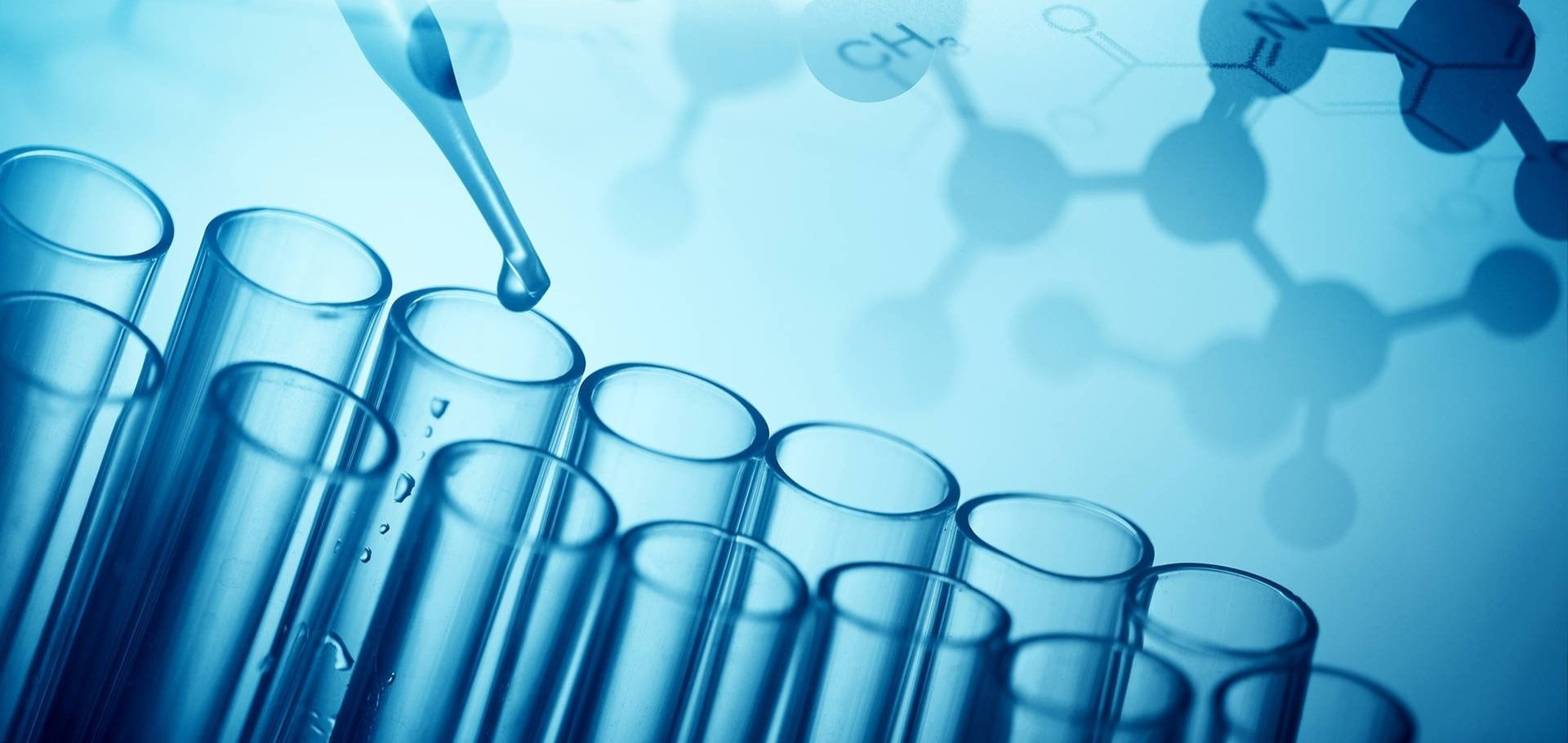International Baccalaureate Chemistry

Virtual Tutor
More personalized support? Book a session tailored to exactly where you are stuck. At your own pace, real-time feedback, and most of all guidance for support beyond the session. Read more about our tutoring here.
We have tutors focused on helping students with just IB Chemistry (SL and HL). Our goal is for you to be so incredibly happy, rich and that chemistry becomes so incredibly easy that your become world famous.
Group Sessions
CHEMDUNN hosts small groups of frustrated undergrads to unlock the most challenging concepts. It is like tutoring but done in small groups around a common topic. Think of them as seminars, workshops, mini-courses.
Learn more about groups here and check out our high school chemistry offerings here.
Ask a Tutor
You've spent time Googling. ChatGPT just isn't giving you the answer either (well maybe, but not sure). You just need a little help to get through that random problem which is blocking everything else.
Submit the question, get the answer and explanation to your inbox. Done. You can get full access to our content libraries and help from a human when the robots aren’t working or when you just need a person to interpret your incoherent cry for help. Get unstuck now.
Meet (some) our IB Chemistry Tutors
Bryan D.
Lead Tutor
(View bio)
Alberto C.
Tutor
(View bio)
Tutors are like shoes.
Some are high-end stilettos – sharp and sophisticated, but maybe aren't the most comfortable for long journeys. Others are like sneakers – comfortable and versatile, but might not be the best fit for very specialized tasks. And yeah, there are definitely some worn-out shoe tutors you want to avoid. But when you find that perfect pair – sturdy, supportive, and ready for any terrain – they can take you exactly where you need to go.
If you are not completely satisfied with your session you can switch to another tutor (free of charge) or get your money back. It is our Good Fit Guarantee.
Book a session here.
IB Chemistry Topics — SL and HL
1 - Stoichiometric Relationships
This topic introduces the mathematical backbone of chemistry, focusing on how to measure, calculate, and interpret chemical quantities (moles, masses, and volumes). You’ll learn to balance chemical equations and determine empirical and molecular formulas. Mastering stoichiometry is crucial for analyzing reactions throughout the entire course.
4 - Chemical Bonding and Structure
Atoms rarely exist in isolation; they form bonds—ionic, covalent, or metallic—to create compounds. You’ll learn how and why bonds form, delve into molecular geometries (using VSEPR theory), and examine how bonding influences shape, polarity, and properties.
7 - Equilibrium
Many reactions are reversible, leading to a dynamic equilibrium where forward and reverse processes balance out. You’ll learn to use the equilibrium constant (Kc) to determine the extent of reaction and see how changes in conditions can shift equilibria (Le Chatelier’s). This concept underpins everything from industrial synthesis to biological systems.
10 - Organic Chemistry
Organic chemistry is the study of carbon-based compounds, which form the basis of life and countless industrial materials. You’ll learn to name and classify organic molecules, explore reaction mechanisms, and appreciate the vast diversity of functional groups. This topic opens doors to biochemistry and pharmaceutical applications.
2 - Atomic Structure
Dive into the subatomic world of protons, neutrons, and electrons, exploring how the arrangement of these particles defines each element. You’ll study historical models of the atom and discover how electron configurations underpin chemical properties. This foundation prepares you to understand trends in the periodic table and the nature of chemical bonds.
5 - Energetics/ Thermochemistry
Chemical reactions involve energy changes, either absorbing or releasing heat. You’ll study enthalpy changes (ΔH), calorimetry, and Hess’s law to quantify these energy transfers. This lays the groundwork for understanding reaction spontaneity and the relationship between chemical processes and their energy requirements.
8 - Acids and Bases
Acids and bases are everywhere—from the food we eat to essential lab processes. This topic covers definitions (Arrhenius, Brønsted-Lowry), pH and [H+]/[OH−] calculations, titration curves, and buffers. Understanding acid-base chemistry is vital for analyzing solutions and reactions in both laboratory and real-life contexts.
11 - Measurement and Data Processing
Precise measurements and accurate data interpretation underpin all scientific work. You’ll study error analysis, significant figures, and graphical representation of data. By the end, you’ll know how to critically evaluate experimental results, assess uncertainties, and present data in a scientifically rigorous manner.
3 - Periodicity
The periodic table organizes elements in a way that reveals repeating (periodic) patterns in their chemical and physical behavior. You’ll explore key trends—such as atomic radius, ionization energy, and electronegativity—and learn how they connect to electron configurations. Expect to apply this knowledge to predict and explain chemical reactivity.
6 - Chemical Kinetics
Why do some reactions happen in seconds while others take years? In this topic, you’ll examine reaction rates, the factors affecting them (like temperature, concentration, and catalysts), and rate laws that quantitatively describe how fast reactions proceed. A firm grasp of kinetics helps you predict and control chemical processes in real-world applications.
9 - Redox Processes
Reduction and oxidation (redox) are pivotal to energy transfer in chemistry—think batteries, corrosion, and metabolism. Here, you’ll learn how to assign oxidation numbers, balance redox reactions, and explore electrochemical cells. This knowledge ties directly into practical devices like fuel cells and rechargeable batteries.
Higher Level Extensions
For HL students, many of these topics include extra subtopics—for example, transition metal chemistry (expanded periodicity), enthalpy cycles and advanced kinetics (energetics and reaction rates), and additional organic mechanisms. The same fundamental principles apply, but HL explores each one in greater depth to build a more comprehensive understanding.



